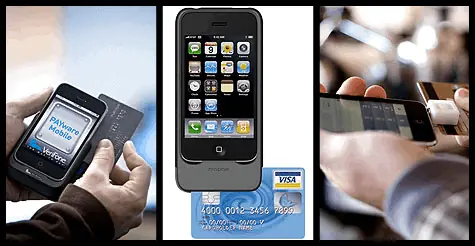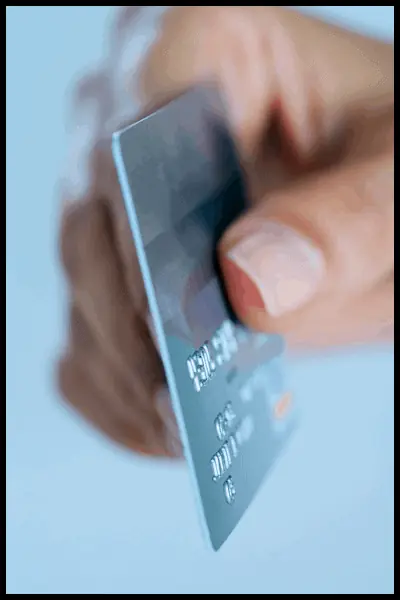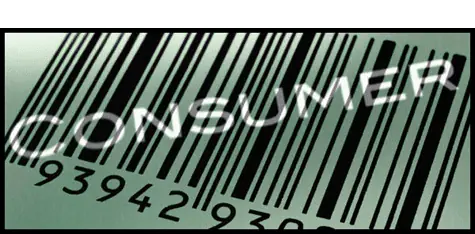Mobile Payment Processing is receiving a large amount of hype in the media right now. There are stories and infographics predicting billions of dollars in growth in the next few years. With this boom in a very specific form of e-commerce looming, Host Merchant Services wants to offer some tips for consumers on how to deal with the growing concerns regarding transaction security from mobile payments. Mobile payments can process both credit card transactions and debit card transactions. Our tips cover both kinds of transactions:

Tip1: Link Your Mobile Payment to a Credit Card For the Most Consumer Protection
If you link your mobile payment to a credit card, you will have the most consumer protections. These include:
- Limited liability for unauthorized transactions. Under federal law, you are only on the hook for up to the first $50 in unauthorized charges once you notify your bank.
- The right to dispute a charge. You have the right to dispute a charge if you return an item to a store and the retailer fails to credit your account
- The right to file a chargeback. If the item you bought isn’t the item you ordered, you have the right to reverse the charge if the store won’t resolve the issue with you.
However, this works best if you are able to pay off the entire balance. If you are unable to pay off your balance, the benefits of linking your mobile payment to a credit card ends up being outweighed by quickly growing debt.
Tip 2: Link Your Mobile Payment to a Debit Card or Bank Account
If you can’t or don’t link your mobile phone payments to a credit card, you should consider linking your mobile payments to a debit card. When you do that you’ll enjoy some, but not all, of the protections provided when using a credit card. These protections include:
- Limited liability for unauthorized transactions: If your mobile phone or card is lost or stolen, your liability depends on when you report it to your bank. If you report the unauthorized transaction within two business days, your liability is limited to $50. However, if you don’t report it within this time frame, you can be liable for up to $500 as long as you notify your bank with 60 days. If you fail to notify your bank within 60 days after receiving a statement showing the unauthorized charge, you can be liable for the entire amount. If your mobile phone or card was not lost or stolen, you must report unauthorized charges within 60 days to avoid losing any money.
Unfortunately you have no right to dispute a charge. And no right to stop payment for the purchase.

Tip 3: Avoid Linking Mobile Payments to a Prepaid Card
There are some pitfalls with linking your mobile payments to a prepaid card. If the payment service is linked to a prepaid card, you are subject to the card’s terms and conditions. Usually, the protections are similar to debit card protections. But beware since prepaid cards are not required to protect you by law and contract terms may change at any time.
- Protections may vary widely depending on the individual card’s terms and conditions.
- The card might have a card network’s “zero liability” policies. These policies are voluntary and may be limited.
Tip 4: Avoid Linking Mobile Payment to a Phone Bill
If the payment service charges for your mobile payment transaction appear on a phone bill, you likely don’t have very many protections. You may or may not have protections provided under state or local laws set up by the utility department or agency.
Tip 5: If You Do Link Your Mobile Payment to a Phone
- Ask your wireless carrier to place a cap on your account. For example, place a $100 cap on any third party charges that can be made to your wireless bill so you won’t be on the hook for more.
- Report a lost or stolen mobile phone or device to your wireless carrier as soon as possible to limit liability.
Tip 6: What To Do If You Link a Mobile Payment to a Gift Card
- Register the gift card.
- Keep the original receipt for the gift card if you can.
- If your mobile device is lost or stolen, make a report to the merchant as soon as possible, according to the merchant’s terms and conditions to limit your losses.

Tip 7: Remember To Review Your Statements Often
Regardless of the payment method you link your mobile payment to, you should keep a watchful eye on your statements to look out for any charges that are incorrect. You will need to report these errors promptly to make sure you can take full advantage of any consumer rights you may have.
Tip 8: When Things Go Awry, Complain
Always expect quality customer service. It is one of the hallmarks of Host Merchant Services and we stand by our merchants in an effort to deliver the best customer service in the industry. There are times, however, when you will have problems with a mobile payment transaction that was not made with a Host Merchant Services client. When something goes wrong then, try to direct your complaints to your state utility department or agency.
You can direct any complaints to the Consumer Financial Protection Bureau here.
This article used as its source a pdf from Consumers Union located here.
